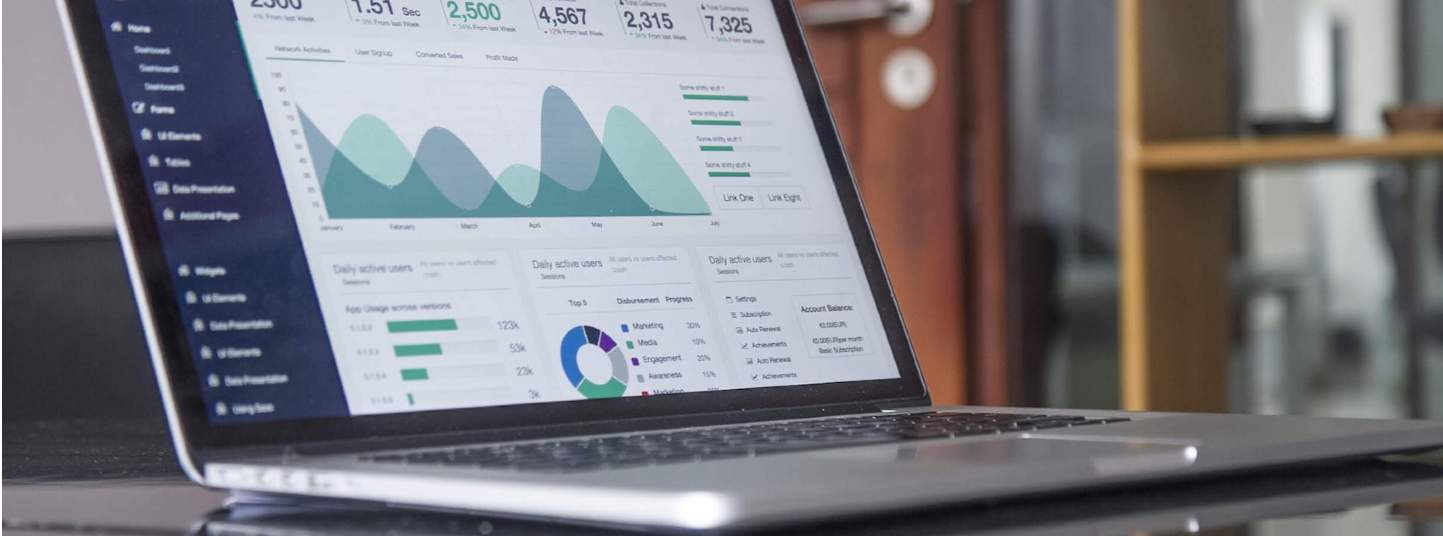The ability to collect and utilise reliable data has been transformational to the property industry in recent years, particularly when it comes to sustainability.
In short, data has enabled us to successfully monitor performance across multiple properties, a fundamental requirement if organisations are going to meet their net zero targets. This is because the insights gained from analysing this information can be turned directly into climate action.
Consequently, resource efficiency projects are needed across the majority of properties in order to achieve these sustainability goals. The decision around what initiatives to invest in are often based on energy and waste audits, which then suggest a range of measures, from lighting upgrades and occupancy sensors to boiler replacements. However, in order for these recommendations to improve a property’s energy efficiency in real terms, the auditor will be reliant on accurate data.
Although some of these initiatives can be costly to install, the return on investment enables long-term savings as buildings start to operate more efficiently as a result.
While this is great in theory, not all energy efficiency projects actually deliver on these promises. More often than not this is because the original data used to make the required calculations is inaccurate and doesn’t represent the actual level of energy consumption for the given property. This could be due to human error, poor processes and/or multiple and conflicting data sources.
Therefore, in order to reach net zero, organisations need to improve the quality of their data. So how do you do this in practice?
The first step is knowing where the data is actually coming from. This should help to achieve better data quality at the very beginning of the collection process.
Secondly, data sources should always be rationalised. Wherever the same data is being pulled from different sources to create a report there are likely to be errors, so from the outset a source methodology should be agreed upon and used consistently.
Data sources can include anything from building management systems (BMS) to invoices and half-hourly automatic meter readings (AMR), reports from waste contractors and tenancy schedules, plus more. All of which, when unmanaged, can compete and conflict with each other.
Thirdly, any manual data collection processes, such as capturing meter readings on a spreadsheet, should be automated. Human error, even a single mistyped digit, can have a significant impact on the ability to achieve sustainability goals.
What’s clear is that the investment in and implementation of reliable data collecting initiatives will be fundamental to achieving net zero. This way we can see exactly what’s green in black and white.

.jpg)
.jpg)


.jpg)